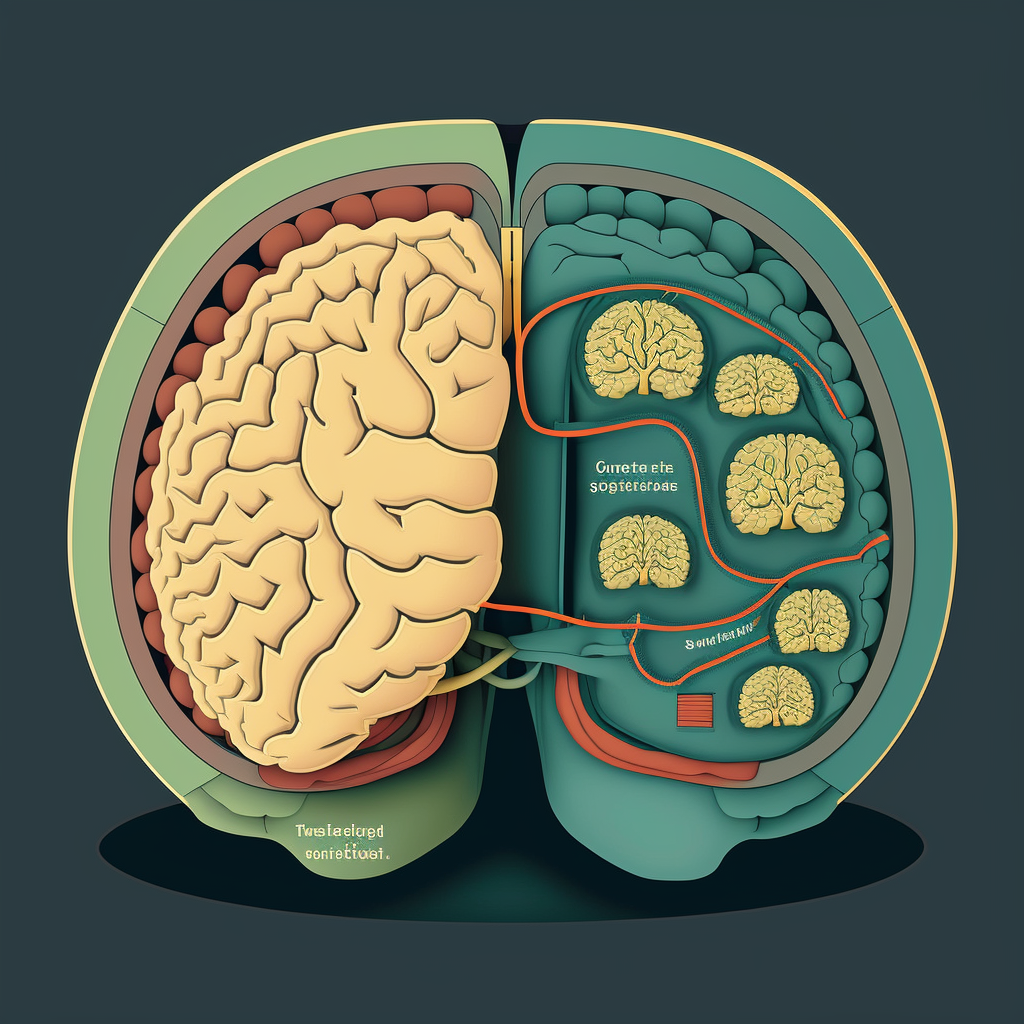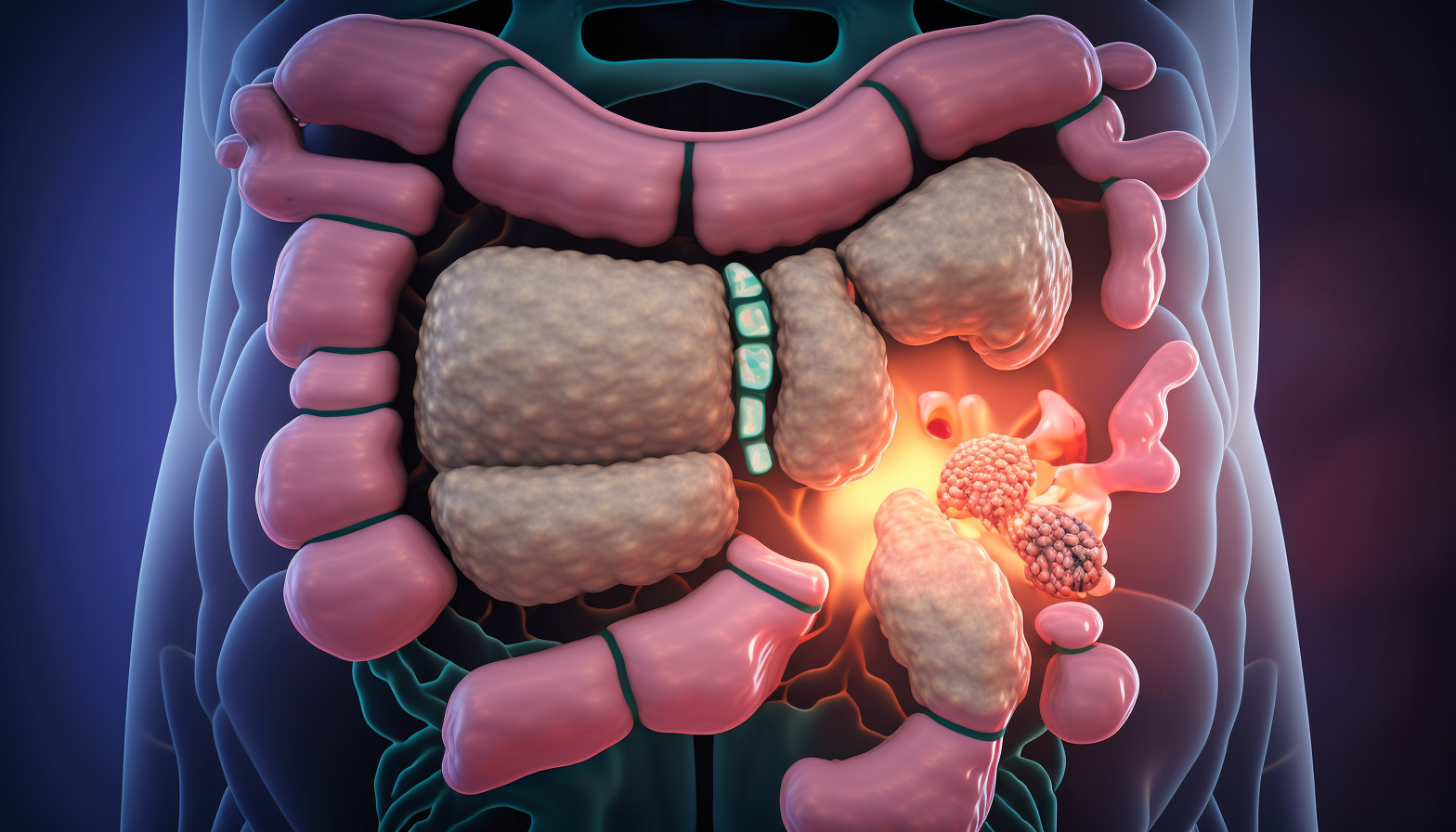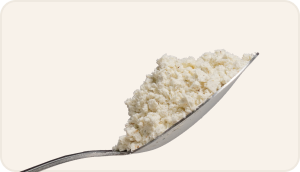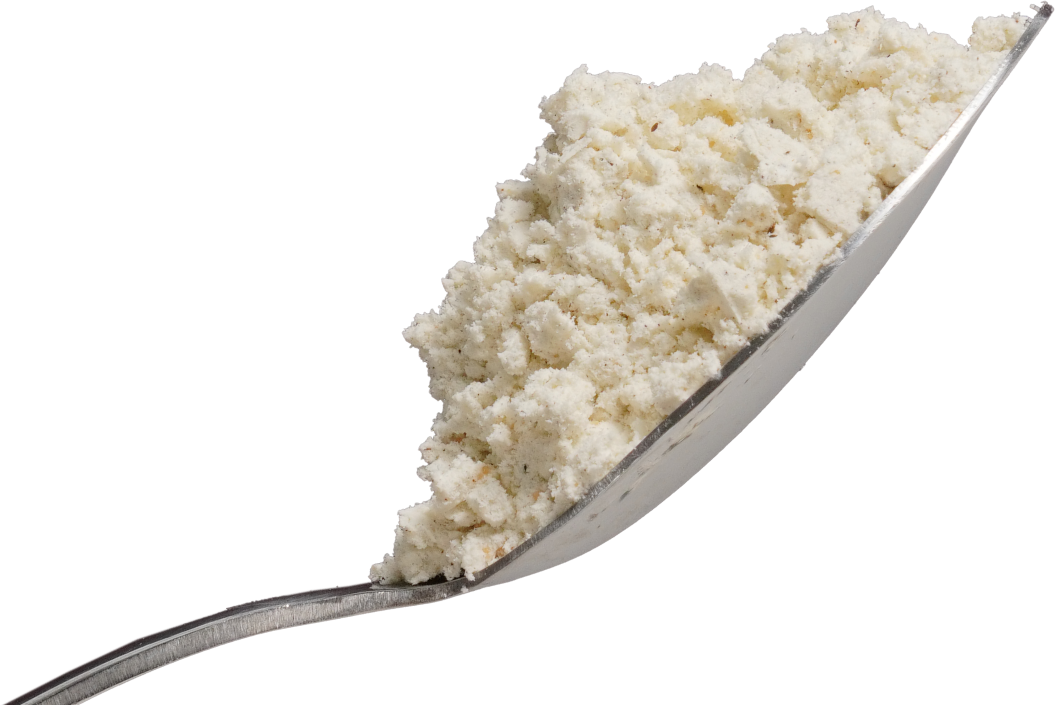GRAB A PACK
Not Sure?
Try Our Sample Pack
IBS and Sleep: How to Improve Symptoms and Get a Better Night's Rest
Understanding IBS
If you suffer from Irritable Bowel Syndrome (IBS), you know how difficult it can be to manage the symptoms. IBS is a chronic condition that affects the large intestine and can cause a range of digestive issues, including abdominal pain, bloating, and changes in bowel movements. You may not know that IBS can also impact your sleep quality and quantity. This article will explore the relationship between IBS and sleep and provide tips and remedies to help you improve your sleep and manage your IBS symptoms.
The Relationship Between IBS and Sleep
Research shows that IBS can cause sleep disturbances and affect sleep quality. There are different types of sleep disorders related to IBS, including:
Insomnia
Insomnia is a sleep disorder characterized by difficulty falling asleep, staying asleep, or both. For people with IBS, anxiety, and pain can make it challenging to relax and fall asleep, leading to insomnia.
Sleep Apnea
Sleep apnea is a disorder in which breathing is repeatedly interrupted during sleep. Studies have shown that people with IBS are more likely to have sleep apnea than those without the condition.
Restless Legs Syndrome
Restless Legs Syndrome (RLS) is a disorder that causes an uncomfortable sensation in the legs, often described as a crawling or creeping feeling. People with IBS are also more likely to experience RLS, leading to difficulty falling asleep and disrupted sleep.
Increased Wakefulness
Studies have shown that people with IBS experience more wakefulness during the night, decreasing overall sleep quality and duration.
Impact of Sleep Deprivation on IBS Symptoms
Lack of sleep can worsen IBS symptoms, leading to increased pain, discomfort, and digestive issues. It can also increase stress, anxiety, and depression, exacerbating IBS symptoms.

Tips for Improving Sleep with IBS
If you have IBS and struggle with sleep, lifestyle changes can help you improve your sleep quality. Here are some tips for managing IBS symptoms and promoting better sleep:
Lifestyle Changes to Improve Sleep with IBS
- Establish a consistent sleep schedule by going to bed and waking up at the same time every day.
- Practice relaxation techniques, such as deep breathing, meditation, or yoga, to reduce stress and anxiety.
- Avoid stimulating activities, such as using electronics or watching TV, before bed.
- Create a bedtime routine with calming activities, such as taking a warm bath or reading a book.
Tips for Creating a Sleep-Conducive Environment
- Keep your bedroom calm, quiet, and dark to promote a restful sleep environment.
- Invest in comfortable mattresses, pillows, and bedding to support good sleep posture and reduce discomfort.
- Use earplugs or a white noise machine to block out noise and create a peaceful environment.
- Limit your pets' access to your bed to minimize sleep disruptions.
Diet Changes to Improve Sleep Quality
- Avoid large meals or heavy foods close to bedtime, as they can cause indigestion and discomfort.
- Limit caffeine and alcohol intake, as they can disrupt sleep patterns and lead to wakefulness during the night.
- Eat a healthy and balanced diet with plenty of fiber and hydration, which can help regulate bowel movements.
The Role of Exercise in Managing IBS and Improving Sleep
- Incorporate regular exercise into your daily routine, as it can help manage IBS symptoms and promote better sleep quality.
- Aim for at least 30 minutes of moderate exercise most days of the week, such as walking, jogging, or cycling.
- Avoid exercising too close to bedtime, as it can increase energy levels and make it difficult to fall asleep.
Implementing these lifestyle changes can help you manage your IBS symptoms and promote better sleep quality.
Natural Remedies for IBS and Sleep
In addition to lifestyle changes, natural remedies can also help manage IBS symptoms and promote better sleep. Here are some natural remedies that you may want to consider:
Natural Remedies for IBS
- Probiotics are beneficial bacteria that can help restore gut health and alleviate IBS symptoms. They are available in supplements or fermented foods like yogurt, kefir, and sauerkraut.
- Peppermint oil: Peppermint oil is a natural antispasmodic that can help relax the muscles in the intestines and alleviate IBS symptoms. It is available in supplement form or can be added to tea or water.
- Aloe vera: Aloe vera has anti-inflammatory properties that help soothe the gut and alleviate IBS symptoms. It is available in supplement form or can be added to smoothies or drinks.
Natural Remedies for Sleep Disturbances Related to IBS
- Valerian root: Valerian root is a natural sleep aid that can help promote relaxation and reduce anxiety. It is available in supplement form or can be added to tea.
- Chamomile tea: Chamomile tea is a natural sedative that can help promote relaxation and reduce anxiety. It is also anti-inflammatory and can help alleviate IBS symptoms.
- Lavender oil: Lavender oil is a natural sleep aid that can help promote relaxation and reduce anxiety. It can be added to a diffuser or applied topically.
It is important to note that natural remedies can have side effects and interact with medications, so it is essential to consult a doctor before trying them. Additionally, while natural remedies can be helpful, they should not be used as a replacement for medical treatment.
Medications and IBS-Related Sleep Disorders
Several medications can be used to treat IBS and related sleep disorders. However, it is essential to note that not all drugs work for everyone, and some may have side effects. It is also necessary to consult with a doctor before starting any medication.
Medications for IBS
- Antispasmodics: Antispasmodics are medications that help relax the muscles in the intestines, which can alleviate IBS symptoms such as cramping and abdominal pain.
- Antidiarrheals: Antidiarrheals are medications that help slow down the digestive system, which can alleviate diarrhea and other IBS symptoms.
- Fiber supplements: Fiber supplements can help regulate bowel movements and relieve constipation, a common IBS symptom.
Medications for Sleep Disturbances Related to IBS
- Sleep aids: Sleep aids are medications that can help promote sleep and alleviate sleep disturbances related to IBS. They include prescription and over-the-counter medications such as melatonin and benzodiazepines.
- Antidepressants: Antidepressants can help relieve anxiety and depression, which are common in people with IBS, and can contribute to sleep disturbances.
Conclusion
IBS is a chronic digestive disorder that can significantly impact sleep quality. The discomfort and pain associated with IBS can make it difficult to fall asleep and stay asleep, leading to further disruptions in daily life. However, there are many ways to manage IBS symptoms and improve sleep.
Lifestyle changes, such as adopting a regular sleep schedule, creating a sleep-conducive environment, and incorporating exercise into daily routines, can effectively manage IBS symptoms and promote better sleep. Natural remedies, such as herbal supplements, aromatherapy, and relaxation techniques, may also help alleviate sleep disturbances related to IBS.
In addition, medications such as antispasmodics, antidiarrheals, and sleep aids can help manage IBS symptoms and related sleep disturbances. However, it is essential to consult a doctor before starting any medication, as they may have side effects and interact with other medicines.
In conclusion, one can enjoy a better quality of life by taking steps to manage IBS symptoms and improve sleep. By working with healthcare professionals and incorporating a variety of approaches, those living with IBS can find effective strategies to improve their sleep and promote overall well-being.
FAQs
Some tips for better sleep with IBS include establishing a consistent sleep schedule, avoiding large meals and caffeine before bedtime, and managing stress levels.
Discomfort and pain from IBS symptoms such as bloating, cramping, and diarrhea can make it difficult to fall and stay asleep.
IBS symptoms can worsen at night due to factors such as changes in hormone levels, decreased physical activity, and changes in eating habits.
Similar blogs


















